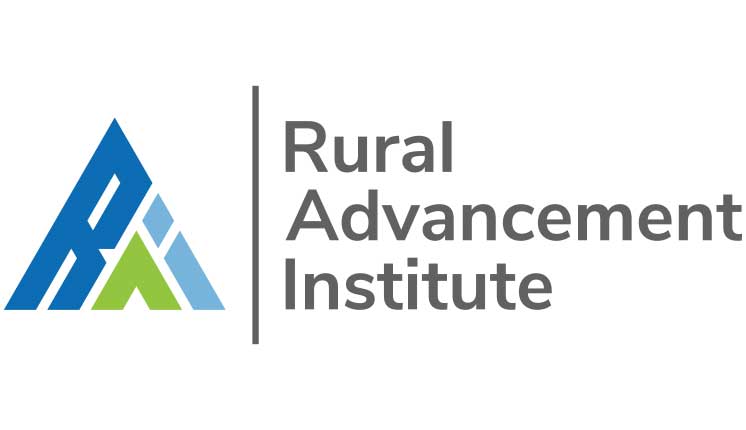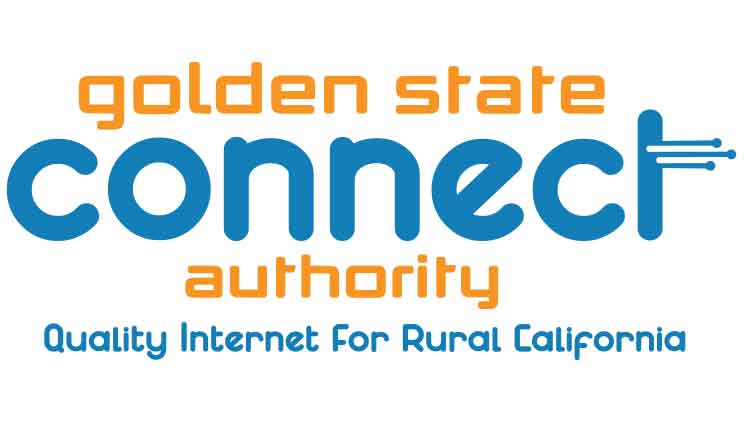A monthly update regarding the important work of RCRC’s affiliate entities, providing innovative services for the benefit of rural communities.

RAI Releases Foundational UCSB Study on Rural California’s Fire and EMS Capacity
The Rural Advancement Institute (RAI) sponsored a first-of-its-kind statewide study on fire and emergency medical services (EMS) in California’s rural communities, led by Professor Alan Murray, Vice Chair for Academic Personnel at the University of California, Santa Barbara (UCSB). The report, titled “Fire and Emergency Medical Services Response Capacity in Rural Communities of California,” examines staffing trends, service demand, and operational challenges facing rural fire and EMS departments, many of which rely heavily on volunteers.
Key findings highlight rising call volumes, declining volunteer numbers, and operational pressures such as training demands, burnout, and limited resources. The report offers nine strategic recommendations, including recruitment and retention programs, training innovations, resource sharing, and targeted legislative support to strengthen rural emergency response. The full report is available here.
Dr. Murray will present the report at a Breakfast Session during the RCRC Board of Directors meeting on the morning of December 10th. Dr. Murray will discuss key findings and engage in a conversation about potential next steps for supporting rural fire and EMS services.
To learn how you can support RAI’s efforts, visit www.ruraladvance.org to explore opportunities to engage, contribute, or collaborate.

GSCA Approves $120 Million Broadband Bond to Expand Rural Connectivity
On Friday, October 24, the GSCA Executive Committee approved a Resolution authorizing the issuance of up to $120 million in GSCA Telecommunications Revenue to help finance seven open-access broadband projects in Alpine, Amador, Glenn, Imperial, Mono, and Tehama counties, as well as the Town of Mammoth Lakes.
The projects—supported by $185 million in California Public Utilities Commission (CPUC) Last Mile Federal Funding Account grants—will deliver high-speed fiber broadband to underserved rural communities. Bond proceeds will fund the remaining construction costs, to be repaid solely from system revenues generated by equipment lease and service provider fees, with no financial obligation to GSCA member counties.
